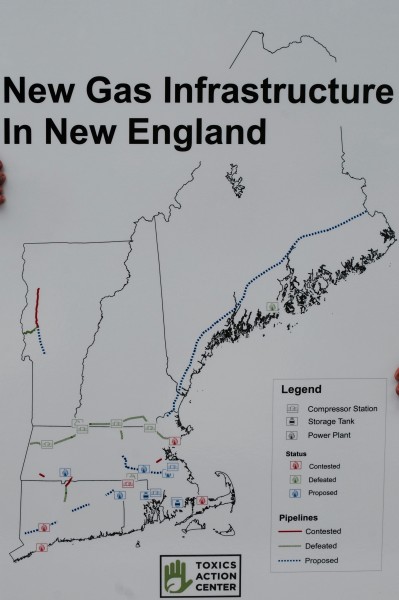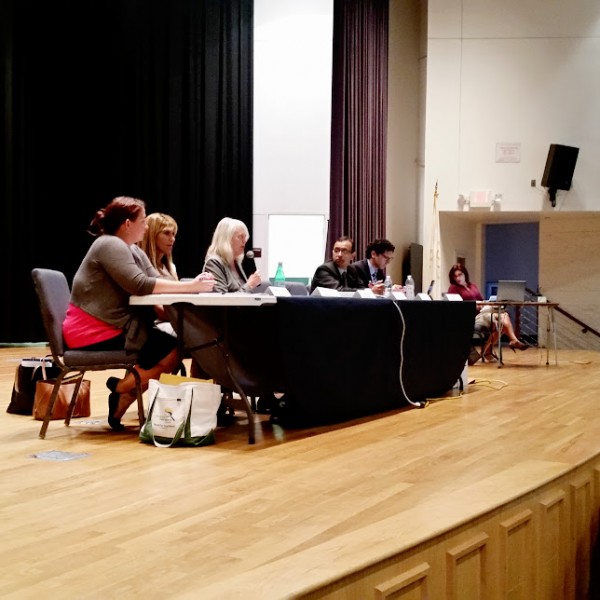 The Energy Facilities Siting Board (EFSB) public hearing in Warwick Wednesday evening, coming near the end of the process to decide the fate of Invenergy‘s proposed $700 million fracked gas and diesel oil burning power plant, was filled with almost philosophical reflection, with many speakers, who have sat through dozens of EFSB, town council, zoning and department meetings and honed their public speaking skills, commenting with a battle weary determination and steely resolve.
The Energy Facilities Siting Board (EFSB) public hearing in Warwick Wednesday evening, coming near the end of the process to decide the fate of Invenergy‘s proposed $700 million fracked gas and diesel oil burning power plant, was filled with almost philosophical reflection, with many speakers, who have sat through dozens of EFSB, town council, zoning and department meetings and honed their public speaking skills, commenting with a battle weary determination and steely resolve.
Perhaps no one summed up the emotional toll of the process better than Kerri Fagan, who reminded the board of the promises made regarding the fairness of the process by elected officials such as Governor Gina Raimondo and Senator Sheldon Whitehouse as well as by the board members themselves, then launched into a long list of irregularities and seeming violations of the process that tend to favor Invenergy and disfavor the towns people.
Six of the twelve advisory opinions, said Fagan, maintain that, “Invenergy did not provide enough information before the deadline for them to submit an appropriate advisory opinion.”
Fagan explained that the process allows for the RI Public Utilities Commission advisory opinion, “to be completed by a single person, [Herbert DeSimone Jr]” after one of the other members recused themselves because they “previously expressed support for the project.” The process of having one person make that decision was questioned, said Fagan, but was ruled appropriate by the single board member, DeSimone Jr.
“The process allows Invenergy representatives to falsely testify at open meetings,” said Fagan. “Did the process require them to acknowledge their misinformation? No. There are probably people who still believe they will receive great rate savings,” if the power plant is built. Fagan says the process also allowed Invenergy to falsely advertise meeting locations and times.
The process, said Fagan, requires that the Burrillville Town Council remain neutral throughout the process, yet Governor Raimondo and Senator Whitehouse can express their support for the project.
The process allows attorney Richard Sinapi to represent the Harrisville Water Board, but also lobby against Burrillville Representative Cale Keable‘s EFSB bill on behalf of labor unions, while also allowing his law firm to write a position opposing the Town of Burrillville’s Motion to Dismiss. “The question of conflict of interest was raised, but [Sinapi] continues to represent parties on both sides of this proposal.”
The process allows the Governor and labor unions to advocate for the process based on the jobs it will create, but the EFSB is not charged with creating jobs, but with determining energy needs and judging environmental impacts. “I don’t believe the EFSB has a responsibility to create jobs,” said Fagan,” and I don’t believe it is an appropriate outcome to consider in this setting. Yet the process has allowed this to be a major rallying cry for those that support the process.”
“It is very hard for the residents to respect the process,” said Fagan, “as it seems to be flawed in all areas. The EFSB board works for the Governor. The Governor supports the project. Companies such as Goldman Sachs and General Electric appear to be partners in both this proposed project as well as working with the Governor on statewide initiatives.
“Why has there not been a comprehensive environmental impact statement completed?”
“We can only hope that [the EFSB] will truly listen and read through why this is the wrong project and in the wrong location,” said Fagan, wrapping up, “We hope that you have the strength to fight the state wide politics and make a decision on the merits of the project and truly consider the negative, long lasting detrimental impacts that this project will bring to the Town of Burrillville.”
Other speakers that leaped out at me include Paul Roselli of the Burrillville Land Trust, who praised the RI Department of Enviornmental Management‘s advisory opinion.
Cranston native Rhoda Northup said that this was “not just a Burrillville issue, but a statewide issue. It’s also a Connecticut and Massachusetts issue. “Do we go thirsty and the power plant gets the water?” asked Northup.
Suzanne Dumas
Sally Mendzela spoke about the reality of climate change, and how plants like the one proposed by Invenergy will doom our planet.
Lynn Clark
Mary Gauvin
Smart energy conservation could easily absorb the 10,000 megawatts going offline, the power plant is not needed said Vito Buonomano.
Lisa Petrie explained her concerns as a mother, and explained why she chose to be arrested outside Governor Raimondo’s office.
Donna Woods told the EFSB members, “You do know better” than to approve this plant.
Denise Potvin
This public comment meeting was scheduled for after the last of a dozen advisory opinions were filed with the EFSB. Many who spoke at the hearing pointed out that at least six of the advisory opinions are incomplete, because Invenergy could not supply required information.
The testimony and hearing was also colored by the fact that the Burrillville Town Council will be voting tonight on whether or not to oppose the power plant in a meeting at the Burrillville High School Thursday night, and will be voting on whether to approve or reject a proposed tax treaty between the town and Invenergy on Monday evening. The groups in opposition to the power plant from Burrillville do not want the town council to approve the tax treaty, which may characterized as selling the town for a measly $92 million.
There will be one more public comment meeting, originally to be held on October 3 but not postponed, date to be determined due to Invenergy’s request for a thirty day extension as they work to secure a water source for their plant. In the meantime, the EFSB board will hold a meeting to decide on two motions to dismiss Invenergy’s application, one from the Town of Burrillville and the other from the Conservation Law Foundation (CLF) based on Invenergy’s incomplete application and failure to provide adequate or timely information when requested.
Here is the video of all the speakers:
Richard Dionne said that Invenergy should be required to submit all requested information.
Doug Geblinske of TEC-RI spoke in favor of the power plant.
Eugenia Marks, noted environmentalist former head of the RI Audubon Society, spoke against the plant.
David Brunetti questioned Invenergy’s “cicular logic” in determining that Burrillville was the location for this plant.
Kathryn Scaramella questioned the “small but meaningful savings” ratepayers will receive if the plant is built. She pointed out that the extension Invenergy requested was a violation of terms EFSB Chair Meg Curran set out in May, when she said “all deadlines are set in law.”
Mary Jane Bailey said the location chosen for the power plant was rejected when the Ocean State Power Plant was built in the 1980’s. “If it wasn’t right in the ’80s it’s not right now,” said Bailey.
Ben Weilerstein, of the Toxic Action Center said that the same kind of action taking place in Burrillville is what helped defeat the pipeline project in Massachusetts.
Meg Kerr, senior policy director for the RI Audubon Society spoke against the plant.
John McMullen, business agent for the Plumbers and Pipefitters union spoke in favor of the plant, saying there was a need for the energy and the jobs. He said that RI Building Trades supported Deepwater Wind and that a life of temporary jobs allowed him to raise his daughters and send them to college.
Irene Watson noted that her community’s public speaking skills have improved because of the countless meetings they’ve been to.
Kenneth Putnam Jr spoke from the heart. He’s 76 and 1 day old.
Betty Mancucci
John Anthony Scott
Jeremy Bailey
Roy Coloumbe said he represents two dozen iron workers from Burrillville who support the project.
Attorney Greg Mancini is Richard Sinapi’s law partner and represents the RI Building Trades.
“The power plant will be around 30-40 years from now, says Stephanie Sloman. “”I’ll be dead, you’ll be dead,” she told the EFSB members, “75 percent of the people here will be dead. I’m not trying to be funny.” It’s about the future.
Sloman gave each member of the EFSB this picture, to remind them of the species they will either help to save or destroy, depending on how they decide on the power plant.

Cynthia Crook-Pick compared the power plant to 38 Studios, both are being pushed forward with inadequate information.
Karen Palmer
Jason Olkowski

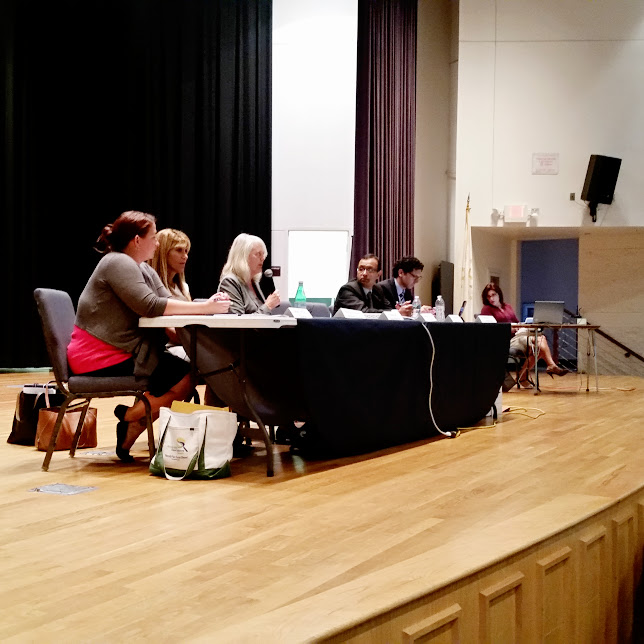
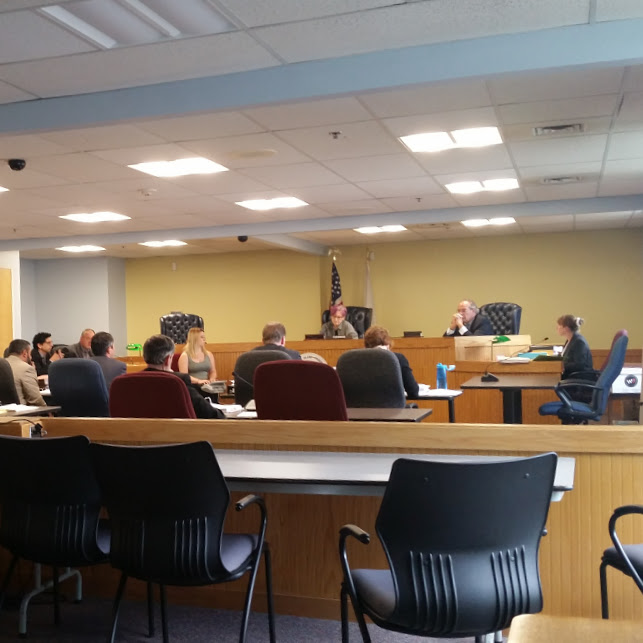
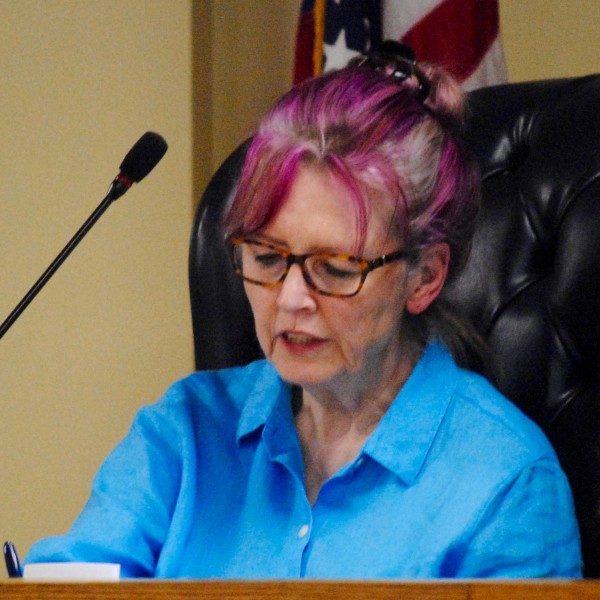

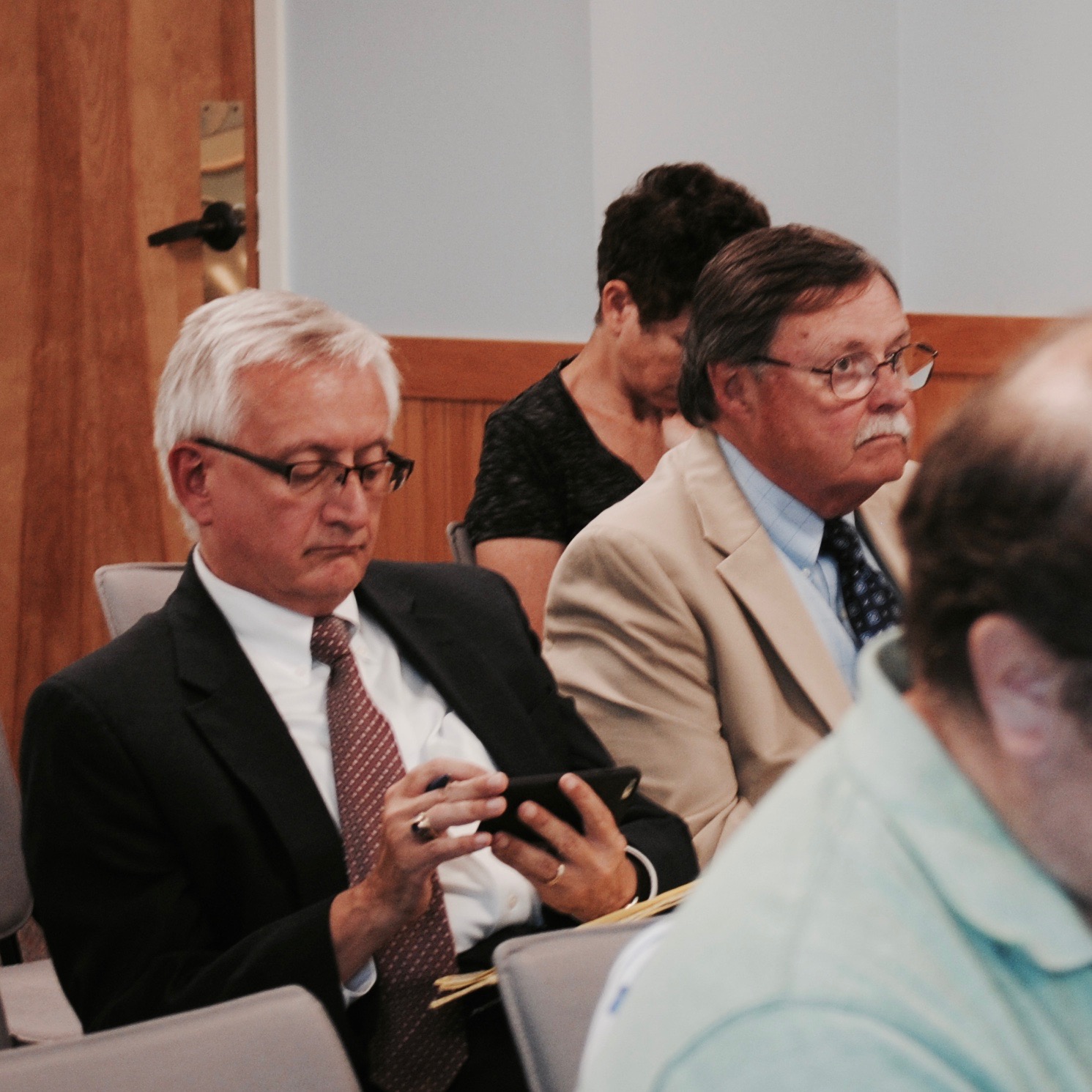
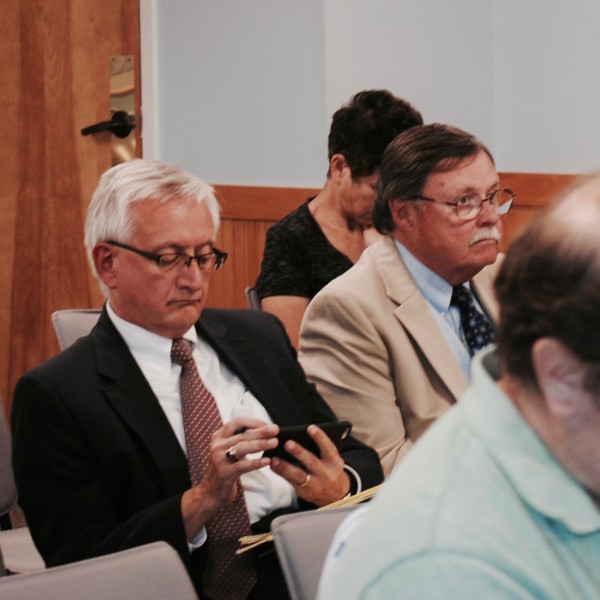
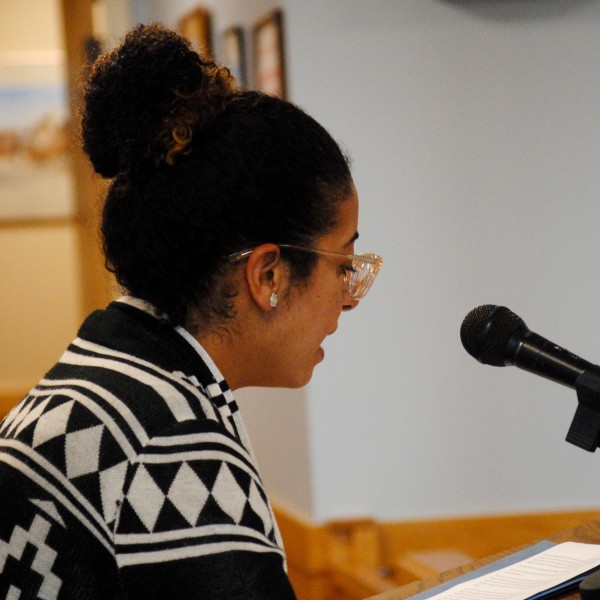

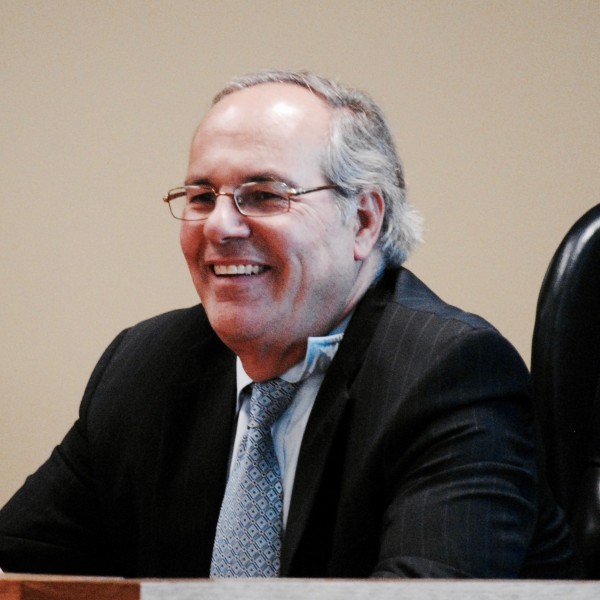
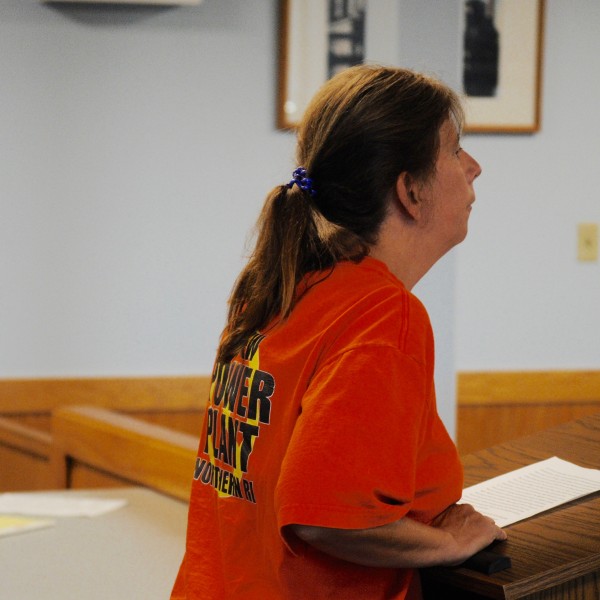
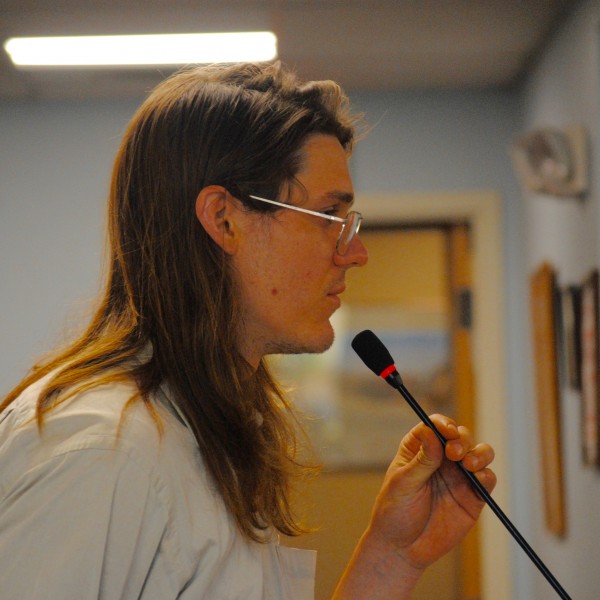
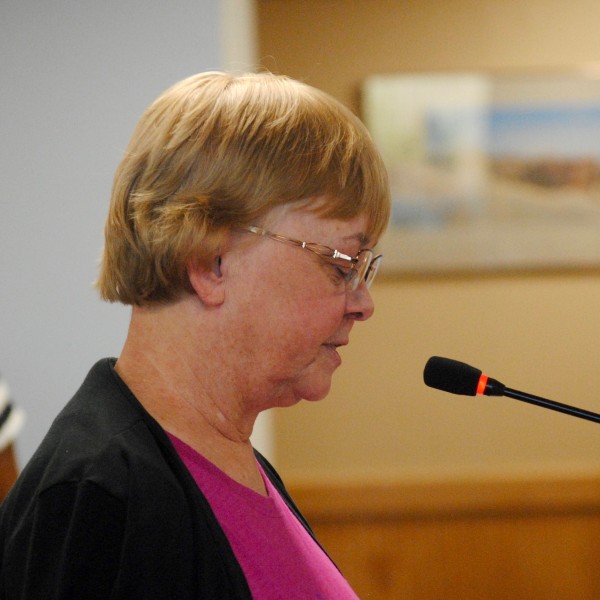
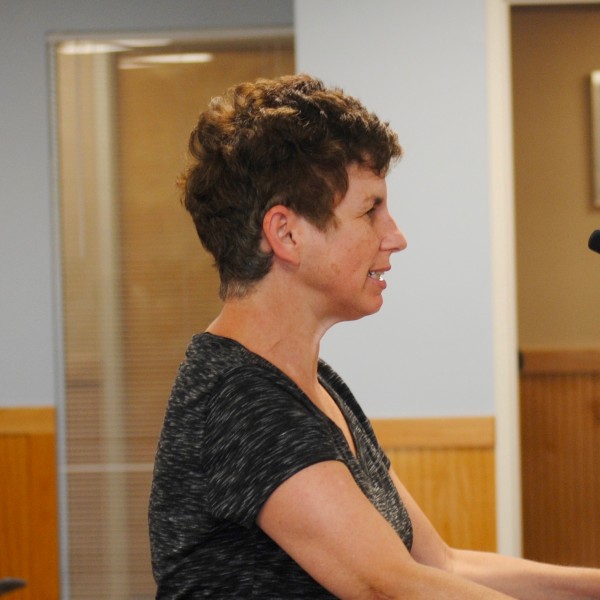
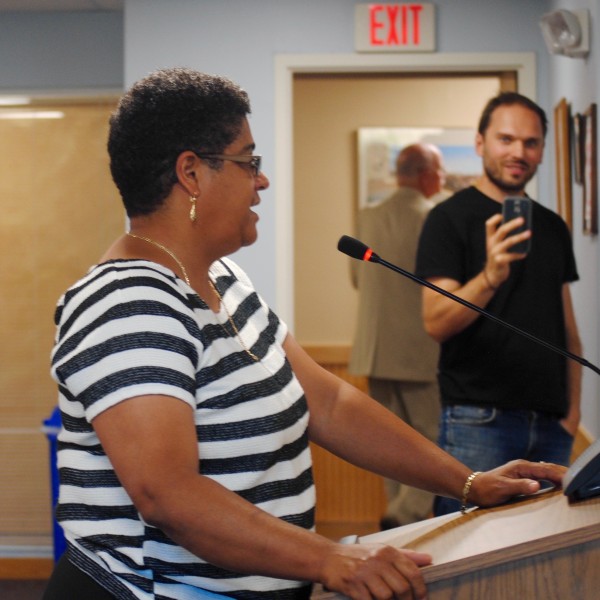
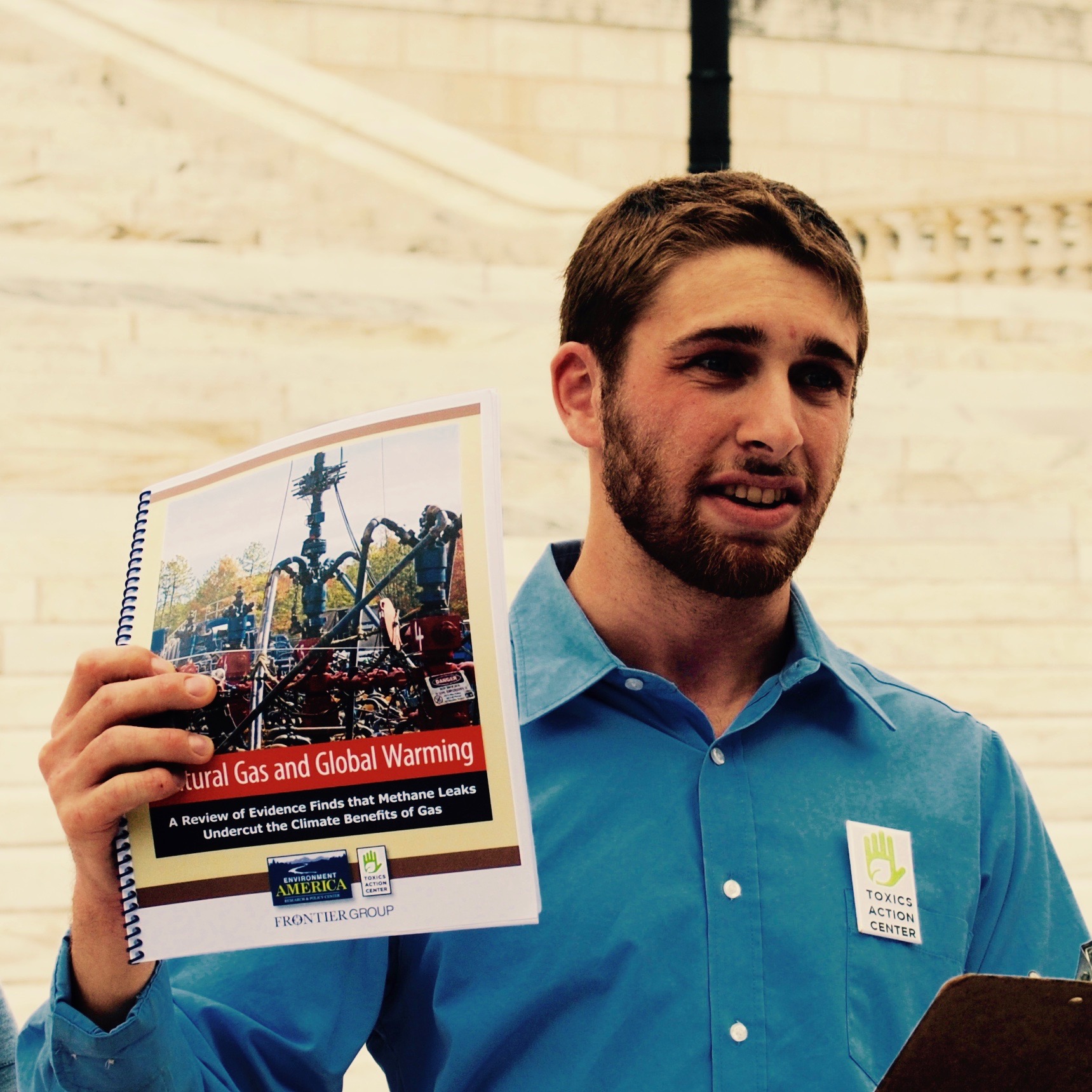
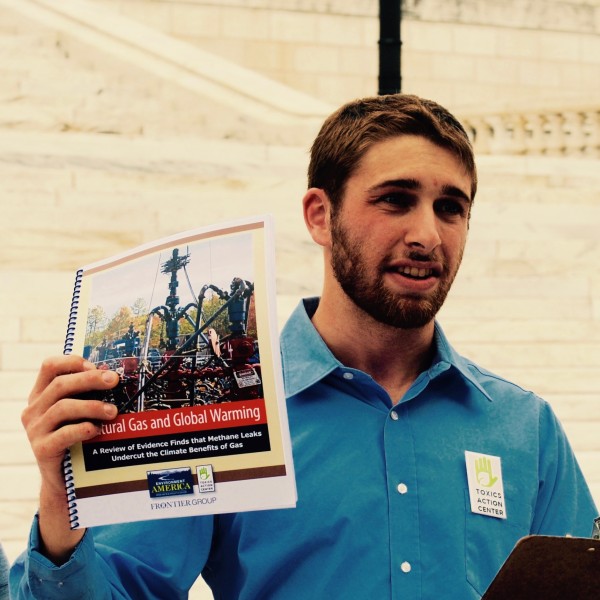
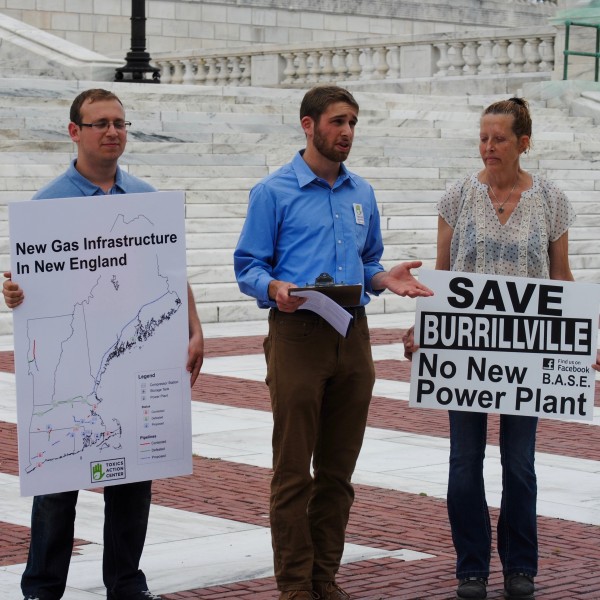 “For years, communities on the frontlines of proposed pipelines, power plants, compressor stations, and LNG terminals have been told by the fossil fuel lobby and politicians that gas is a low-carbon bridge to a clean energy future,” said Weilerstein. “Today, it’s clearer than ever that this is not the case. New fracked gas infrastructure proposed across the region threatens our climate future, our health, and our neighborhoods. It’s time to double down on clean local renewable energy sources right here in New England.
“For years, communities on the frontlines of proposed pipelines, power plants, compressor stations, and LNG terminals have been told by the fossil fuel lobby and politicians that gas is a low-carbon bridge to a clean energy future,” said Weilerstein. “Today, it’s clearer than ever that this is not the case. New fracked gas infrastructure proposed across the region threatens our climate future, our health, and our neighborhoods. It’s time to double down on clean local renewable energy sources right here in New England.